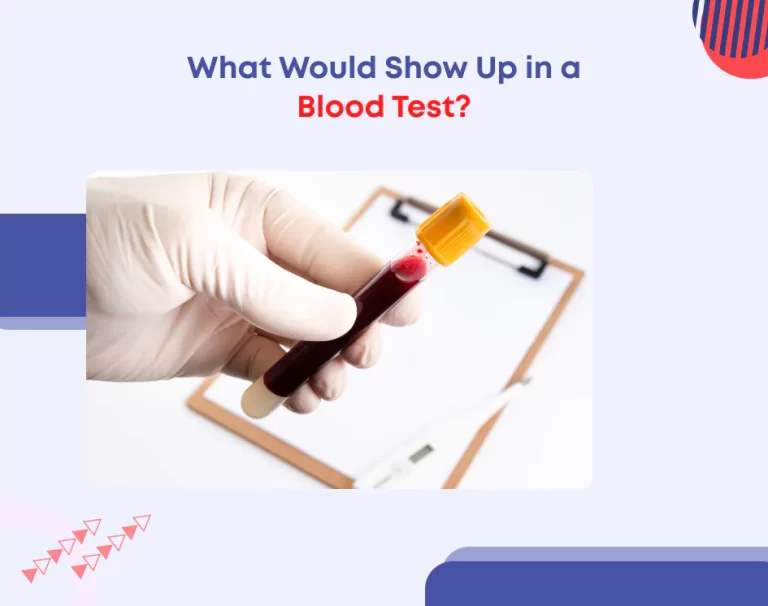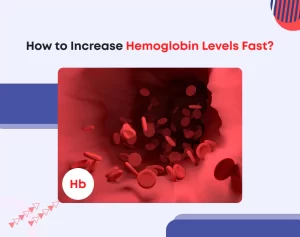
What Would Show Up in a Blood Test?
Blood tests serve as a fundamental tool in modern medical diagnostics. Whether you’re visiting the doctor for a routine check-up or investigating a specific health concern, understanding what a blood test reveals is crucial for staying informed about your health. This comprehensive guide will break down the key components of blood tests, how they work, and what they can tell you about your body.
The Basics of Blood Tests
Blood tests analyze your blood sample to measure various components such as cells, chemicals, proteins, and other substances. These tests help detect diseases, monitor the effectiveness of treatments, and evaluate overall health. Blood tests are usually done by drawing blood from a vein, typically in your arm, and sending it to a laboratory for analysis.
Common Types of Blood Tests
Here are some of the most common blood tests and what they reveal:
Complete Blood Count (CBC)
- Measures red blood cells, white blood cells, hemoglobin, hematocrit, and platelets.
- Used to detect conditions like anemia, infections, and blood disorders.
Basic Metabolic Panel (BMP)
- These tests measure glucose, calcium, sodium, potassium, bicarbonate, chloride, blood urea nitrogen (BUN), and creatinine levels.
- Helps evaluate kidney function, blood sugar levels, and electrolyte balance.
Comprehensive Metabolic Panel (CMP)
- Expands on the BMP by including liver function tests such as ALT, AST, and bilirubin.
- Provides a broader picture of your metabolic and organ health.
Lipid Panel
- Evaluates cholesterol levels, including total cholesterol, LDL (bad cholesterol), HDL (good cholesterol), and triglycerides.
- Helps assess your risk for heart disease.
Thyroid Function Tests
- Includes TSH, T3, and T4 levels.
- Detects hyperthyroidism, hypothyroidism, and other thyroid disorders.
Hemoglobin A1c (HbA1c)
- Assesses average blood sugar levels over the past two to three months.
- Commonly used to diagnose and monitor diabetes.
C-Reactive Protein (CRP) Test
- Measures levels of C-reactive protein, which increases with inflammation.
- Helps diagnose infections and chronic inflammatory conditions.
Vitamin and Mineral Levels
- Tests for deficiencies in iron, vitamin D, vitamin B12, and others.
- Identifies nutritional imbalances that may affect overall health.
What to Expect from Your Blood Test Results?
Reference Ranges: Each test result comes with a reference range, which is the range of normal values. Results outside this range may indicate an issue that requires further investigation.
Units of Measurement: Blood tests use various units, such as milligrams per deciliter (mg/dL) or international units per liter (IU/L).
Abnormal Results: An abnormal result doesn’t always mean something is wrong. Factors like diet, medications, and temporary conditions can influence results.
Preparing for a Blood Test
Proper preparation can improve the accuracy of your blood test results. Follow these tips:
Fasting: Some tests, like glucose and lipid panels, require fasting for 8-12 hours.
Medication: Inform your doctor about any medications or supplements you’re taking.
Hydration: Stay hydrated by drinking plenty of water to simplify the blood draw process.
Timing: Schedule your test at a convenient time to minimize stress.
Why Do Regular Blood Tests Matter?
Routine blood tests can:
- Detect diseases early, even before symptoms appear.
- Monitor chronic conditions like diabetes and hypertension.
- Provide valuable insights into your nutritional status.
- Assess the effectiveness of treatments and medications.
How to Interpret Blood Test Results?
While your doctor will explain your results, having a basic understanding helps you ask informed questions. For instance:
- High cholesterol levels may indicate a need for dietary changes or medication.
- Elevated blood sugar could signal prediabetes or diabetes.
- Low hemoglobin levels might suggest anemia.
When to Get a Blood Test?
Consider getting a blood test if you:
- Experience unexplained symptoms like fatigue, weight loss, or persistent pain.
- Have a family history of certain conditions, such as heart disease or diabetes.
- Want to establish a baseline for your health.
- Are monitoring an ongoing health issue.
Conclusion
Blood tests are an invaluable tool for maintaining your health. They provide insights into your body’s inner workings, helping you and your healthcare provider make informed decisions. By understanding what shows up in a blood test and why it matters, you can take an active role in your health journey.






